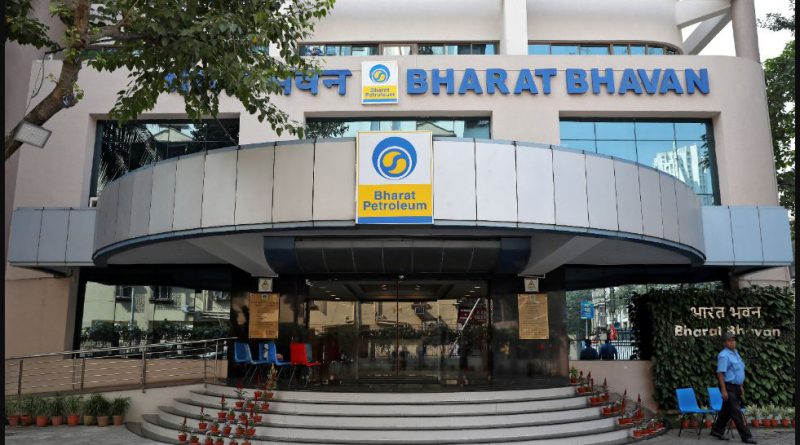BPCL and Oil India Join Hands for $11 Billion Refinery and Petrochemical Complex in Andhra Pradesh
Hyderabad – In a landmark move for India’s energy landscape, Bharat Petroleum Corporation Limited (BPCL) and Oil India Limited have announced plans to jointly develop a refinery and petrochemical complex worth 1 trillion rupees ($11.38 billion) in Andhra Pradesh.
The project marks a significant step in expanding the country’s refining capabilities while encouraging regional industrial growth.
The refinery will have a capacity of 180,000 to 240,000 barrels per day, backed by essential statutory approvals and 6,000 acres of land provided by the state government.
Construction and pre-project groundwork are already in progress, signaling a new era of investment in India’s southern energy corridor.
BPCL Chairman Sanjay Khanna, speaking at an industry event in Hyderabad, confirmed that the company is seeking additional strategic partners for the venture.
Oil India, traditionally known for its upstream operations, is diversifying into downstream sectors and is likely to take a 10% to 20% stake in the upcoming refinery.
This collaboration underscores India’s growing ambition to position itself as a global refining and petrochemical hub.
With energy demand steadily rising and consumption patterns evolving, such initiatives are crucial for meeting the country’s long-term energy security goals while reducing dependence on imported fuels.
The proposed petrochemical complex will feature an advanced 1.5-million-tonne ethylene cracker, serving as the backbone for downstream industries including plastics, packaging, and textiles.
It is expected to commence commercial operations by the fiscal year 2030, generating substantial employment opportunities and attracting investments across related industries.
India, currently the world’s third-largest oil importer and consumer, continues to rely heavily on fossil fuels to power its economic growth.
Projects like the BPCL-Oil India refinery reflect the nation’s strategic approach of expanding domestic production while simultaneously investing in cleaner, more efficient refining technologies.
Oil India is also accelerating its downstream expansion through its subsidiary, Numaligarh Refinery Limited (NRL), which is increasing its capacity in Assam to 180,000 barrels per day by March 2027.
This integrated approach across refineries is expected to strengthen supply chains and ensure consistent energy distribution across regions.
The Andhra Pradesh project will further complement national infrastructure plans, with BPCL and Oil India partnering on a 700-kilometer multi-product pipeline connecting Siliguri to Mughalsarai.
This pipeline will transport petrol, diesel, and jet fuel, enhancing the logistics network across India’s energy heartland. BPCL will hold a 50% stake in the project, while Oil India and NRL will share the remaining equity.
In addition, BPCL is expanding its focus on sustainability. The company has partnered with Fertilisers and Chemicals Travancore Ltd (FACT) to market organic fertilizers produced from its Kochi biogas plant.
This collaboration reflects BPCL’s commitment to circular economy practices and renewable energy integration within its business model.
BPCL, India’s second-largest state-run refiner, currently operates three major refineries with a combined capacity of 706,000 barrels per day. With this new project, the company aims to consolidate its position as a leading force in South Asia’s refining and petrochemical sector.
Experts believe the refinery and petrochemical complex in Andhra Pradesh will play a pivotal role in driving industrialization, job creation, and export potential in southern India.
It will also support the government’s vision of transforming India into a global manufacturing and energy hub by the end of the decade.
By combining the expertise of BPCL and Oil India, the project not only strengthens India’s refining footprint but also reinforces the nation’s commitment to sustainable and inclusive economic development.
As work begins on this transformative venture, it stands as a testament to India’s growing confidence in shaping its own energy future.



